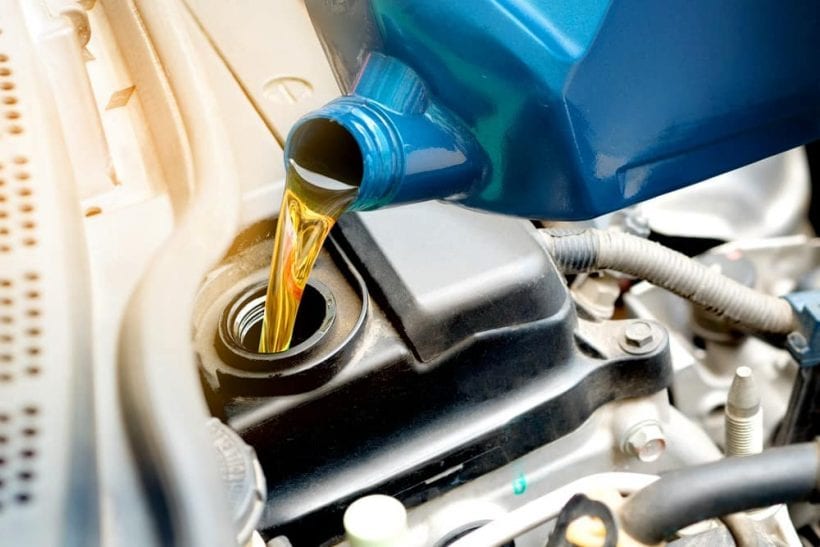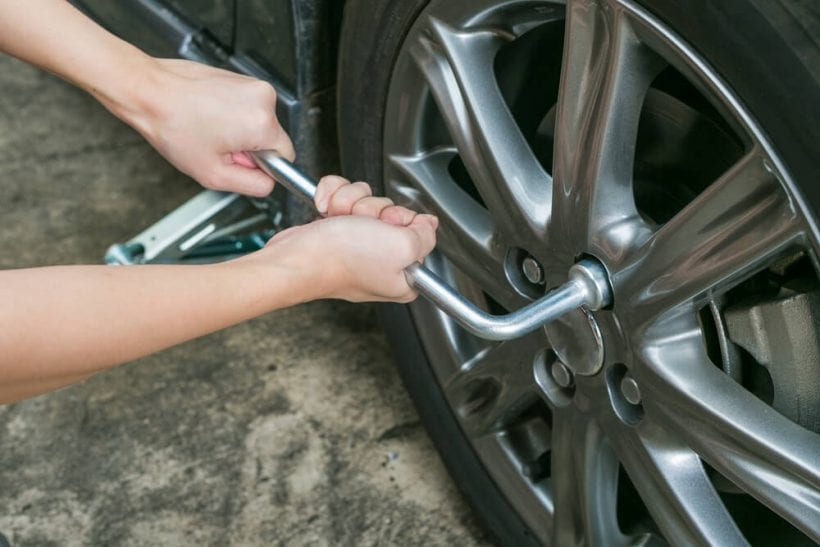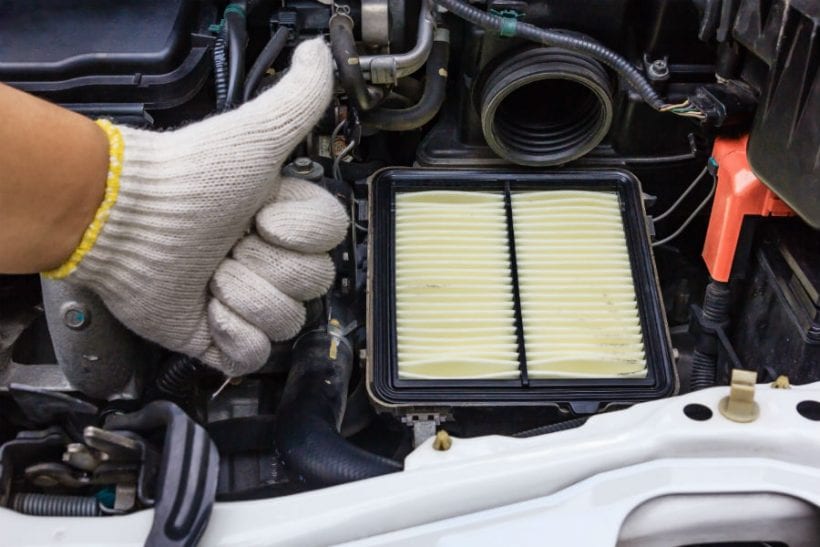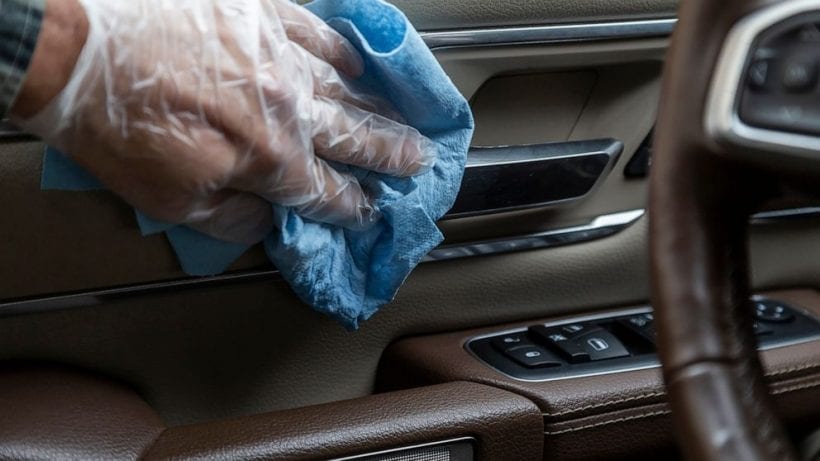A car is usually the second most expensive purchase you will ever make in life. Therefore, you need to ensure that you purchase a vehicle that will serve you well for the long-term future. However, did you know that the way in which you maintain your car will also impact its reliability and life span?
Although it can be time-consuming to keep your car in good shape, it would be in your best interests to do so, to prevent having to pay out on costly repairs, or even be forced to purchase a replacement vehicle in the near future.
You may be no car expert, but luckily, most maintenance tactics are fairly straight forward and can be carried out yourself. In this guide, we’re going to provide some useful tips to bear in mind:
1. Keep it serviced

One of the most obvious pointers on the list would be to keep your car serviced regularly, but surprisingly, many car owners fail to do so. A car service carried out by a professional mechanic ultimately checks the ‘health’ of the vehicle by discovering which parts may need to be replaced. Assesments of the engine fluid levels and general wear and tear will also take place.
A service is almost a preventative measure but can also provide several other benefits such as a smoother run of the vehicle and the ability to boost fuel efficiency. If any minor issues are discovered, the professional will take care of the issue at that given moment, which will limit the chances of having to spend a huge amount of money on repairs later on down the lines. What’s more, you will also find that your car will hold greater value when the time comes to sell up, providing you can prove that it has a full service history.
2. Change the oil

The vehicle’s fluid levels should be checked regularly. Failing to change the oil when necessary could cause complications with your vehicle. Typically, this will be carried out during a service, but it would also be wise to do so yourself every couple of months. Oil, in particular, is vital for the smooth running of the car and should be filled to between the two labeled markers. If your car runs on petrol, the hue of the oil should be pale yellow rather than dark brown – however, the latter is normal for diesel cars.
3. Be wary of badly surfaced roads
If at all possible, aim to drive on roads that are in good condition. However, icy weather can seep into cracks in the tarmac and cause it to expand, leaving gaping holes in the road surface. Therefore, it may not be possible to avoid badly surfaced roads when traveling from A to B. When driving along these surfaces, your car could suffer damage to the suspension and wheel. However, the most common issue drivers face on badly surfaced roads is damaged tires.
4. Change your tires

There’s nothing worse than having to change your tires – it’s an unexpected expense that you may not have had on the agenda, but it would be wise to do so regularly. Refrain from changing your tires whenever a problem occurs as this may cause damage to the vehicle and also puts your safety at risk, so instead, purchase new ones when advised. Tires that are imbalanced can also be the cause of higher fuel consumption since your car won’t be in direct contact with the road surface. Hankook tires from SimpleTire are ideal for drivers looking for all-year-round traction and a comfortable ride. Once you have replaced your tires, ensure that they are inflated accordingly to achieve maximum life expectancy and safety.
5. Change filters regularly

A car has four filters – the cabin filter, fuel filter air filter, and oil filter – all of which should be changed frequently. When just one filter gets congested, it can cause havoc with your car’s performance. Some of the most common problems include power loss while driving and, in the worst-case scenario, engine failure.
During a service, a mechanic will change the filters on your behalf. However, it would also be an idea to learn to do it yourself. If you don’t have much knowledge of this task, you could refer to your car handbook, which should give you step-by-step instructions.
6. Use air conditioning throughout the year
Air conditioning consumes fuel very quickly, so most people don’t use the system too often – unless the interior temperature of the car becomes excruciatingly hot. What you may not realize is that your car’s climate control should be preserved on a regular basis and, in particular, during seasons when it isn’t used much. With this in mind, it would be wise to get your air conditioning system checked for refrigerant leakage, so you aren’t left with extensive damage and a hefty repair bill.
7. Keep your car clean

Washing your car regularly is a task that many of us ignore for as long we can. However, keeping your car exterior clean isn’t just for personal satisfaction, but also will also prolong the life of the bodywork and mechanics. Thick dirt and mud can become trapped underneath the car and lead to deterioration of parts, while bird feces could potentially erode the paintwork.
8. Don’t ignore issues
Do you ever hear strange knocking or banging noises when you’re driving along the road, but simply disregard it to prevent having to go to the garage? If so, you may not realize that you could have a serious problem on your hands, and it would always be advised to book in for a standard check-over by a mechanic. While this is an additional expense, you ultimately have the peace of mind that any minor issues are resolved immediately, and serious faults could be prevented. There are many components both within the interior and exterior of the car that work in conjunction with one another, so even the smallest failure could have a domino effect on other parts. Therefore, the sooner you take your car to a professional, the better.

